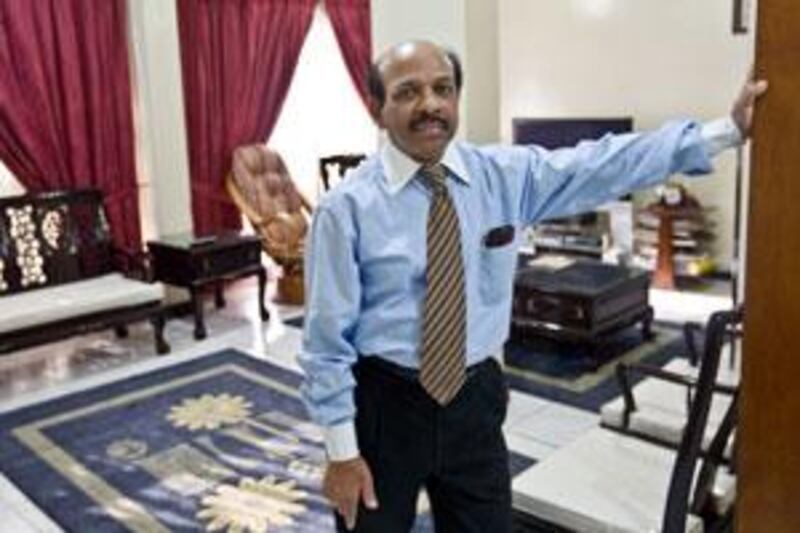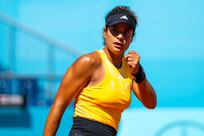I am the son of a priest. I was born in Kerala but we moved to Madras (Chennai) after I finished primary school. I finished school in Madras and then studied medicine. In 1970, after graduating, my wife Ivy and I moved to the United Kingdom - first to Bristol, where we both worked at the Royal Infirmary and then to Swindon where we stayed for eight years and did our post-graduation.
In 1978 we moved to the United Arab Emirates and we had the shock of our lives. We worked in a small cottage hospital in Dibba. The facilities were basic and no one really knew how to work with the equipment that was there. One of our first tasks was to go to Dubai and select instruments from the central store of the Ministry of Health and buy everything for our department. Believe it or not we didn't even have a telephone. In those early days we mainly had to treat snake and scorpion bites and malaria.
You can't image what it was like here 30 years ago. We used to go down to the port in Dibba and buy fish straight from the fishing boats while they were still alive. It was fantastic.
After a year in Dibba we got a telephone. At the time, only the bank, the police and the hospital had phone lines.
We spent about a year and a half in Dibba before moving to a new hospital in Fujairah. We had good accommodation and a furniture allowance. We lived in a nice, spacious apartment facing the sea. We had the choice of apartments as we were on a foreign contract and there were very few foreigners there at that time.
Ivy was a gynaecologist and I worked as a physician, starting everything from scratch and helping to set up the medical units and systems. In those days we didn't even have a blood bank; we collected blood from donors when we needed it. Those were very challenging times.
I have seen the UAE change from camels to Cadillacs. Medical science has changed a lot too. The Ministry of Health did a great job of bringing in people from many different countries. There has also been a great improvement in health care. Considering that the country was born only in 1971, it now has everything.
In 1990 Ivy and I decided that Dubai would offer us better facilities for our son Renju, who was born in 1980 with Down's Syndrome. We had thought about moving to London and had looked at rehabilitation facilities and schools, but found that the options in Dubai were better. We decided to set up a clinic here. I drove around and found a quiet area of Dubai, near the World Trade Centre building. We were the first occupants of a new building and set up a clinic on the first floor and rented an apartment to live in on the second.
There was nothing in front of our building; all around was dust and mud. Now all we can see are skyscrapers and the new Metro line development work - and we can't see the sea any more. After several years we rented the apartment adjoining ours and knocked the two spaces through to make a larger living area. For us living here is both comfortable and convenient.
I have two houses in Kerala, one of which is purpose-built so Renju can move around in his wheelchair. We visit twice a year. We see our relatives and friends there and I am still a member of the YMCA and Rotary Club. For the future we are still undecided where home will be; we may go to California where my daughter lives with her family. Eventually, though, we want to go back home to India but my son is dependent on us and if something happens to us he will need to be looked after.
We don't regret moving to Dubai. Renju has done well with his schooling here, has had good backup services and now has a job. He's done well because of the decisions we made and the UAE has been good for him and for us.






